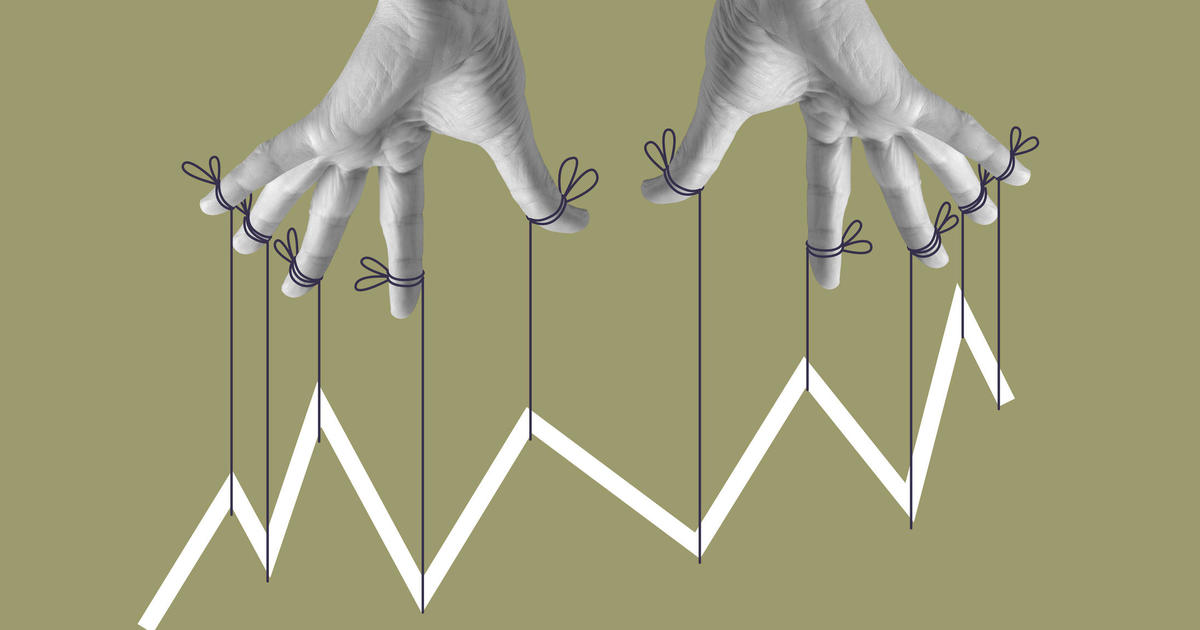Millennials are falling out of the U.S. middle class
- The share of middle-class people is falling across developed nations, from 64 percent of households in the mid-1980s to 61 percent in the mid-2010s.
- Only 6 of 10 millennials in wealthier countries earn enough to be considered middle class.
- In the U.S., a single worker must earn roughly $23,000 to $62,000 to be considered middle class.
- Half of all middle-income households in wealthier countries now struggle to make ends meet.
The global middle class is witnessing a historic hollowing out, with younger generations struggling to find their financial foothold in many wealthier countries around the world, including the U.S. Only 6 of 10 millennials earn enough to be considered middle class, compared with 7 of 10 baby boomers at the same age, according to a new report from the Organization for Economic Cooperation and Development.
The share of middle-class citizens is falling across developed nations, slipping from 64 percent of global households in the mid-1980s to 61 percent in the mid-2010s, the OECD said. Younger generations are bearing the brunt of the middle-class decline, with each subsequent generation less likely to achieve financial stability compared with the boomers, it added.
"It's a wake-up call to all of us about what, indeed, is the situation for the middle class," said Stefano Scarpetta, director for employment, labour and social affairs at the OECD. "It used to to be that you felt you accomplished something by reaching the middle class. You were stable. This sense of security is gone for many. Even if they reach it, it's no longer a stable situation."
The OECD represents 36 of the world's largest economies.
Many middle-class people in industrialized nations are under pressure because of the confluence of several trends, including an increasingly precarious labor market where automation is eroding some middle-skill jobs. On top of that, the cost of services required to maintain a middle-class lifestyle -- housing, education and health care -- is rising far more rapidly than incomes, ejecting many workers from the middle class.
Scarpetta said, "Anything can happen that lets you drop down from the middle class."
What is a middle-class income?
Earning between 75 percent to 200 percent of the median national income is considered middle class -- in the U.S. that translates to between $23,416 and $62,442 for a single worker, according to the OECD. (Other organizations have slightly different yardsticks for the middle class, such as Pew's income range of about $26,000 to $78,000 for a single U.S. worker.)
Middle-class income hasn't kept up with the growth in income enjoyed by wealthier people, the OECD said. Since the recession, the annual rate of growth of real median incomes across the group's member countries was a meager 0.3 percent, compared with 1.6 percent between the mid-1990s and mid-2000.
20% spend more than they earn
Other factors weighing on those in the middle are the rising cost of housing, education and health care. As a result, half of all middle-income households in wealthier countries now struggle to make ends meet, the OECD found.
"One in 5 middle-class households spend more than what they earn, which is increasing indebtedness," Scarpetta said. "It's becoming more difficult for the middle class to pay for the things they need."
These days, most families need two earners to achieve a middle-income life, while in the past one earner with a high-skilled job would often suffice. However, unless at least one person is highly skilled, a pathway into the middle class is no longer guaranteed even when multiple members of a household members are employed.
"Under pressure"
The middle class is most developed economies is "under pressure," Scarpetta said, a threat to nations' socioeconomic stability. "It's the backbone of our society, both economically and socially. It's the largest share of the population. The fact that they are struggling should be a source of concern."
Policies that strengthen the middle class could help -- that includes tax policies that ensure the richest citizens pay "their fair share of taxes," Scarpetta said. Other policies, such as helping women with families stay in the workforce and training workers at risk of job loss due to automation, also would benefit the middle class.
Without such support, he said, "The risk is you may have a further weakening of the middle class."



